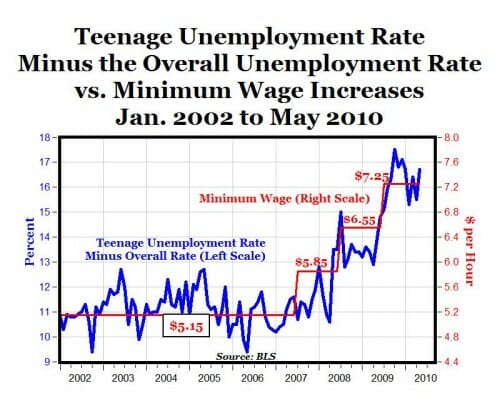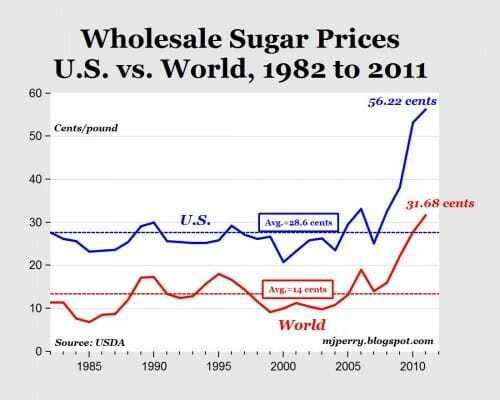I am always fascinated by folks who fear private power but support continuing increases in public / government power. For me there is no contest - public power is far more threatening. This is not because I necesarily trust private corporations like Goldman Sachs or Exxon or Google more than I do public officials. Its because I have much more avenues of redress to escape the clutches of private companies and/or to enforce accountability on them. I trust the incentives faced by private actors and the accountability mechanisms in the marketplace far more than I trust those that apply to government.
Here is a good example. First, Kevin Drum laments the end of privacy because Google has proposed a more intrusive privacy policy. I am not particularly happy about the changes, but at the end of the day, I am comforted by two things. One: I can stop using Google services. Sure, I use them a lot now, but I don't have to. After all, I used to be a customer or user of AOL, Compuserve, the Source, Earthlink, and Netscape and managed to move on from those guys. Second: At the end of the day, the worst they are tying to do to me is sell me stuff. You mean, instead of being bombarded by irrelevant ads I will be bombarded by slightly more relevant ads? Short of attempts of outright fraud like identity theft, the legal uses of this data are limited.
Kevin Drum, who consistently has more faith in the state than in private actors, actually gets at the real problem in passing (my emphasis added)
And yet…I'm just not there yet. It's bad enough that Google can build up a massive and—if we're honest, slightly scary—profile of my activities, but it will be a lot worse when Google and Facebook and Procter & Gamble all get together to merge these profiles into a single uber-database and then sell it off for a fee to anyone with a product to hawk. Or any government agency that thinks this kind of information might be pretty handy.
The last part is key. Because the worst P&G will do is try to sell you some Charmin. The government, however, can throw you and jail and take all your property. Time and again I see people complaining about private power, but at its core their argument really depends on the power of the state to inspire fear. Michael Moore criticizes private enterprise in Capitalism: A Love Story, but most of his vignettes actually boil down to private individuals manipulating state power. In true free market capitalism, his negative examples couldn't occur. Crony capitalism isn't a problem of private enterprise, its a problem of the increasingly powerful state. Ditto with Google: Sure I don't like having my data get sold to marketers, and at some point I may leave Google over it. But the point is that I can leave Google .... try leaving your government-enforced monopoly utility provider. Or go find an alternative to the DMV.
A great example of this contrast comes to us from Hawaii:
There may be some trouble brewing in paradise, thanks to a seemingly draconian law currently under consideration in Hawaii's state legislature. If passed, H.B. 2288 would require all ISPs within the state to track and store information on their customers, including details on every website they visit, as well as their own names and addresses. The measure, introduced on Friday, also calls for this information to be recorded on each customer's digital file and stored for a full two years. Perhaps most troubling is the fact that the bill includes virtually no restrictions on how ISPs can use (read: "sell") this information, nor does it specify whether law enforcement authorities would need a court order to obtain a user's dossier from an ISP. And, because it applies to any firm that "provides access to the Internet," the law could conceivably be expanded to include not just service providers, but internet cafes, hotels or other businesses.
Americans fed up with Google's nosiness can simply switch email providers. But if they live in Hawaii, they will have no escape from the government's intrusiveness.




